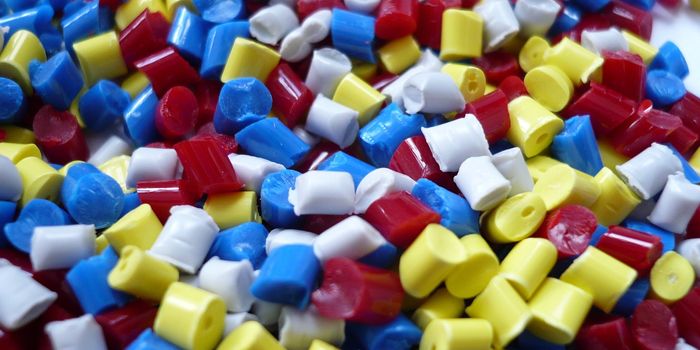We need to rethink "biodegradable"
A new study published in the journal Environmental Science and Technology has us questioning the truth of a word we’ve long come to herald: biodegradable. A picture from the study of a plastic bag that was supposedly biodegradable has gone viral –after three years of life in the ocean and soil, the bag was clearly very much still intact. So, what does that mean?
The researchers behind the study come from the University of Plymouth’s International Marine Litter Research Unit. They tested different types of bags in order to determine just how decomposable various materials are. After exposing compostable bags, two types of biodegradable bag and conventional carrier bags to the elements for an extended time, they found that none of the bags actually decomposed all the way.
The researchers did find a hierarchy though. Compostable bags decomposed more than biodegradable bags and were unable to sustain the weight of objects, while biodegradable bags still could, three years later.
Imogen Napper, who led the study, said: “After three years, I was really amazed that any of the bags could still hold a load of shopping. For biodegradable bags to be able to do that was the most surprising. When you see something labeled in that way, I think you automatically assume it will degrade more quickly than conventional bags. But, after three years at least, our research shows that might not be the case.”
Uh-oh.
The researchers are concerned that these products are sending a message to the public that simply isn’t true: biodegradable is eco-friendly. Professor Richard Thompson, head of the unit commented, “We demonstrate here that the materials tested did not present any consistent, reliable and relevant advantage in the context of marine litter,” he said. “It concerns me that these novel materials also present challenges in recycling. Our study emphasizes the need for standards relating to degradable materials, clearly outlining the appropriate disposal pathway and rates of degradation that can be expected.”
More research is needed in order to fully understand the implications of this study, though the authors are clear that it is imperative that the public be better-informed and that companies be more transparent with their products.
Sources: The Guardian, Vice, Environmental Science and Technology









